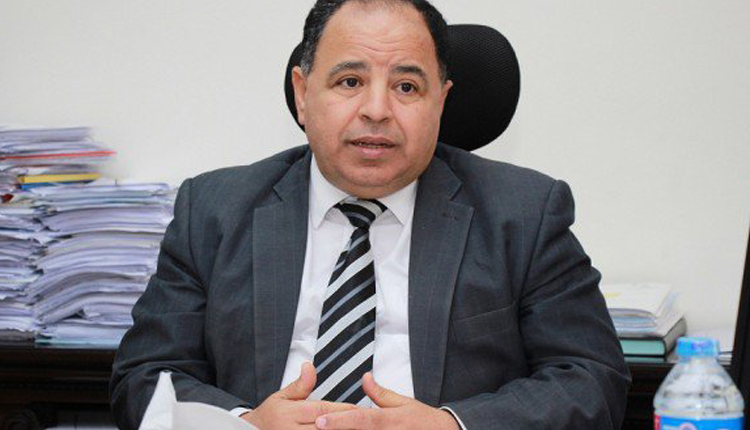Egypt achieves 0.2 % primary budget surplus for 1st time in 15 years
Egypt announced it had a primary budget surplus for the first time in 15 years as it seeks to lure investors to revive a crisis-hit economy.
Cairo has enacted a raft of tough austerity measures backed by the International Monetary Fund (IMF) since 2016, hoping for a strong financial comeback as it recovers from years of political upheaval.
President Abdel-Fattah El-Sisi’s government devalued the Egyptian pound by half in 2016, and has pushed through steep fuel and electricity subsidy cuts this year, in measures praised by some economists but also led to soaring living costs.
Finance Minister Mohamed Maeet said Egypt achieved a 0.2 percent primary budget surplus, worth 4 million Egyptian pounds ($223 million) in its 2017-2018 fiscal year. It is aiming for a 2 percent primary surplus in the current fiscal year.
Egypt’s fiscal year runs from July to June. Primary budget figures do not factor in interest payments on government debt.
The country expected its 2017-2018 budget deficit to stand at 9.8 percent, slightly above the 9.1 percent it said last year it was targeting.
Maeet told reporters that revenues expected from the 2018-2019 budget were around 989 billion Egyptian pounds ($55 billion), 817 billion of which would be spent on debts and interest.
Foreign reserves rose by the end of June to $44.258 billion from $44.139 billion, the central bank announced separately, continuing their climb since Egypt secured the $12 billion IMF loan.


